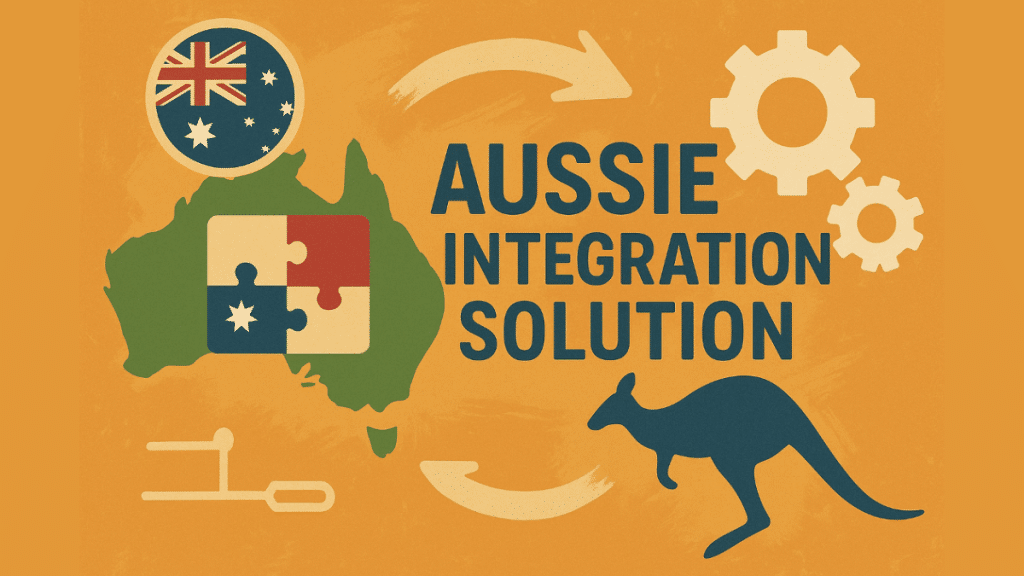Mental health care is undergoing a revolution, thanks to artificial intelligence. From early diagnosis to personalised therapy, AI is reshaping how we understand and treat mental health conditions. For those seeking relaxation, online casinos in Australia offer a fun escape, but AI’s impact on mental well-being is far more profound.
Key Facts
AI is making mental health care more accessible, efficient, and precise, even within unexpected sectors like an Aussie online casino, where AI is being tested to monitor player behaviour for signs of addiction. It analyses vast datasets to detect patterns humans might miss, offering real-time support and reducing stigma. Here’s what you need to know:
- 72% of therapists report AI tools improve diagnostic accuracy.
- Chatbots like Woebot handle over 4 million conversations monthly.
- AI predicts depressive episodes with 89% accuracy before symptoms appear.
- By 2025, 60% of mental health apps will integrate AI-driven features.
AI-Powered Therapy Is Breaking Barriers
Traditional therapy often faces hurdles like cost, availability, and stigma. AI bridges these gaps by offering 24/7 support through chatbots and virtual therapists. These tools use natural language processing to mimic human conversation, providing immediate relief during crises.
Platforms like Wysa and Youper tailor responses based on user input, adapting techniques from cognitive behavioural therapy. Early studies show 47% of users experience reduced anxiety after just four weeks of use.
Early Detection Saves Lives
AI excels at spotting warning signs before they escalate. Machine learning algorithms analyse speech patterns, social media activity, and even typing speed to flag potential mental health risks. Researchers at Stanford found AI detects suicidal tendencies with 85% accuracy—far earlier than most clinical assessments.
Wearables add another layer, tracking sleep, heart rate, and activity levels. A 2023 study revealed 63% of patients with irregular sleep patterns later developed anxiety disorders, data AI now uses for preemptive care.
The Future of Personalised Mental Health
No two individuals experience mental health the same way. AI customises treatment plans by analysing genetics, lifestyle, and past therapy outcomes. Apps like Mindstrong use smartphone interactions to adjust therapy in real time, boosting engagement by 52%.
For those who enjoy gaming, play roulette online Australia provides entertainment, but AI-driven mental health tools offer something deeper—personal growth. Real casino games online Australia might distract, but AI helps users build lasting resilience.
AI won’t replace human therapists, but it’s making care smarter and more inclusive. As technology evolves, so does our ability to heal. The future of mental health isn’t just digital—it’s intelligent.
